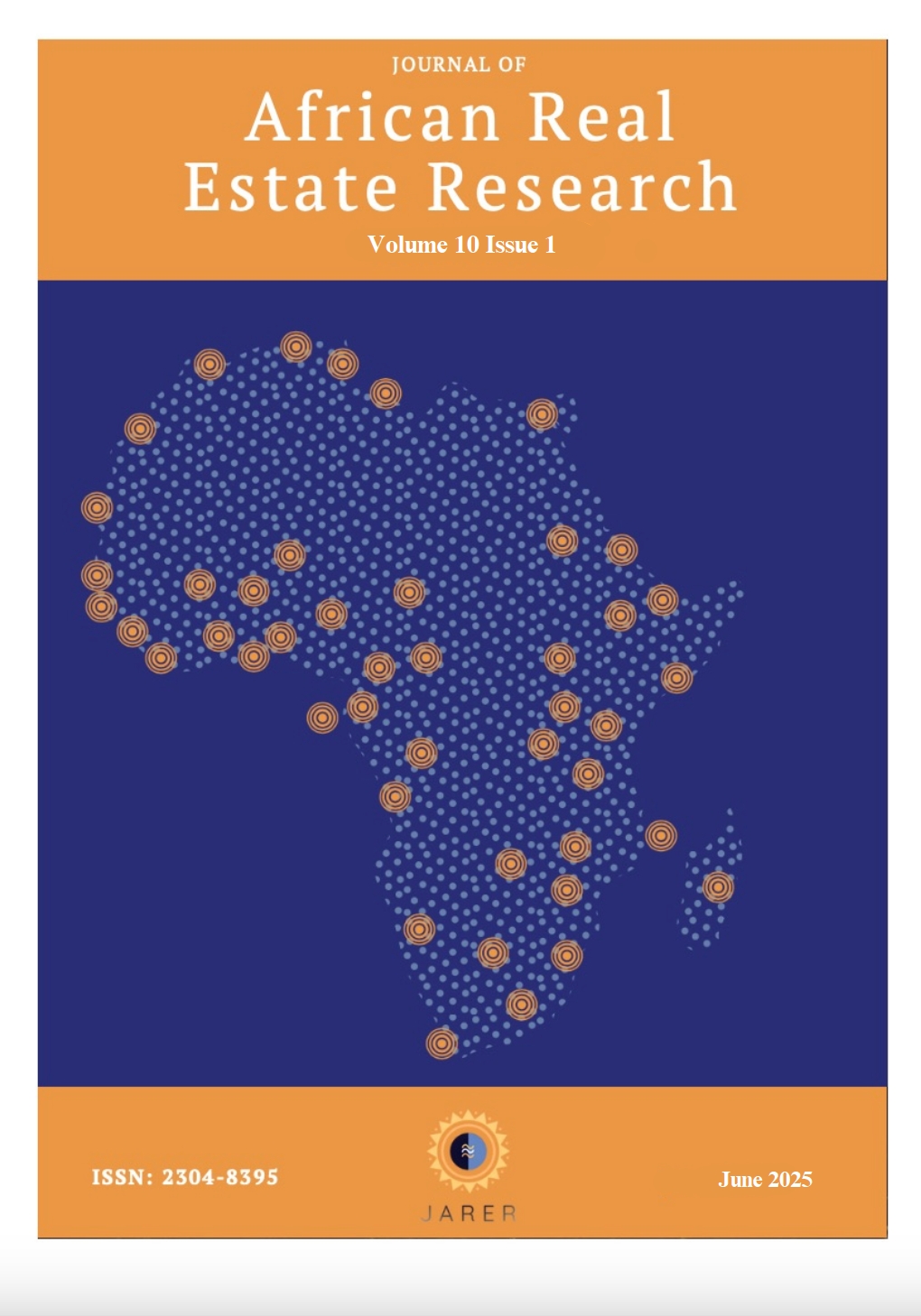Analysing Students’ Participation Behaviour in Professional Associations in Tanzania: The Case of Undergraduate Real Estate Students at Ardhi University
The Case of Undergraduate Real Estate Students at Ardhi University
DOI:
https://doi.org/10.15641/jarer.v10i1.1675Abstract
Organisations grow organically to maturity, but if concerted efforts are not initiated to preserve the status quo, there is a danger of decline. Professional associations are required to prepare and implement succession plans for their longevity and sustainability. It has been observed that the participation of students in professional associations in Africa, particularly Tanzania, is declining. This study analysed the extent of undergraduate students’ awareness, interest and participation in Real Estate Professional Associations (REPAs) in Tanzania. A quantitative approach was deployed in this study, adopting a Likert scale as a data collection method. The data collection technique yielded a response rate of 98% of the 266 respondents. The study has observed that only 1% of the undergraduate students at Ardhi University participate in the REPAs. The study analysed the relationship between students’ awareness, interest and participation in REPAs using descriptive and inferential statistics. The results indicated that there is no direct relationship between the intention and participation of the students in the organisations. It also revealed that there is a mismatch between students’ expectations and the services provided by the associations. Students expect the REPAs to provide direct connections to internships and graduate recruitment opportunities, which is not the case. Furthermore, the study established a lack of engagement and direct communication between REPAs and students, which limits students’ motivation. The study concluded that there is a need for increased engagement and collaboration activities between REPAs, higher learning institutions offering real estate programmes and students through outreach programs and sponsorships for students to participate in annual events of REPAs. Furthermore, REPAs should coordinate with their corporate members to select the best-performing students for mentorship and internship programmes immediately after graduation.
Downloads

Downloads
Published
How to Cite
Issue
Section
License
Copyright (c) 2025 Maulidi Banyani, Auxanus Cornel Chambulila

This work is licensed under a Creative Commons Attribution 4.0 International License.



